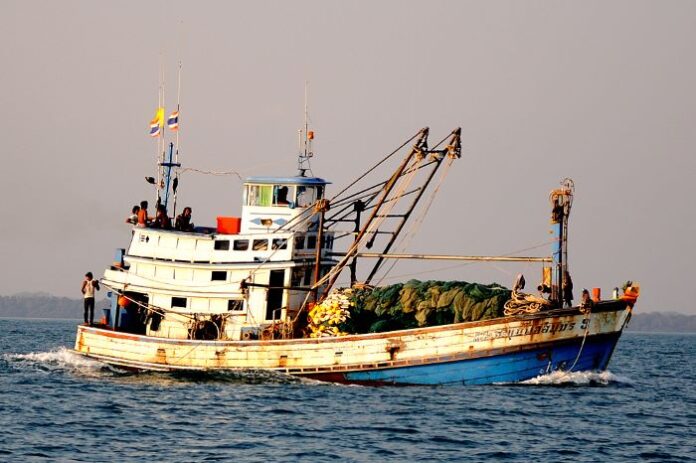Parliament has approved a new regulation allowing the EU to prohibit the sale, import, and export of goods made using forced labour. This regulation will empower member state authorities and the European Commission to investigate suspicious goods, supply chains, and manufacturers. If a product is found to have been produced using forced labour, it will be banned from the EU market, including online sales, and shipments will be stopped at the EU’s borders.
“Today, worldwide, 28 million people are trapped in the hands of human traffickers and states who force them to work for little or no pay. Europe cannot export its values while importing products made with forced labour. The fact that the EU finally has a law to ban these products is one of the biggest achievements of this mandate and a victory for progressive forces,” said Rapporteur for the Internal Market committee, Maria-Manuel Leitão-Marques (S&D, PT).
Investigating decisions will be based on factual and verifiable information from various sources, including international organisations, cooperating authorities, and whistle-blowers. The investigations will consider several risk factors and criteria, such as the prevalence of state-imposed forced labour in specific economic sectors and geographic areas.
Manufacturers of banned goods will have to withdraw their products from the EU single market and donate, recycle or destroy them. Non-compliant companies could be fined. Once the company eliminates forced labour from its supply chains, the goods may be allowed back into the EU single market.
“This is a historic day. We have adopted a ground-breaking piece of legislation to combat forced labour worldwide. This regulation fosters EU and international cooperation, shifts power from exploiters to consumers and employees, and offers possibilities for remedy for victims. It also transforms trade policies into a greener and fairer future,” said Rapporteur for the International Trade Committee, Samira Rafaela (Renew, NL).
MEPs adopted the regulation with 555 votes in favour, six votes against it, and 45 abstentions. The text now has to get a final formal approval from the EU Council and then be published in the Official Journal. EU countries will have to start applying it in 3 years.

